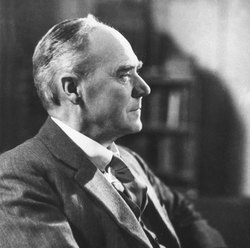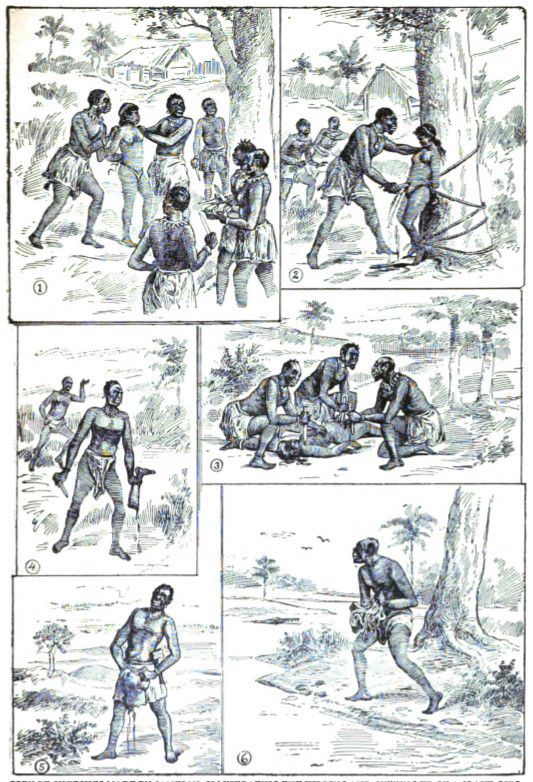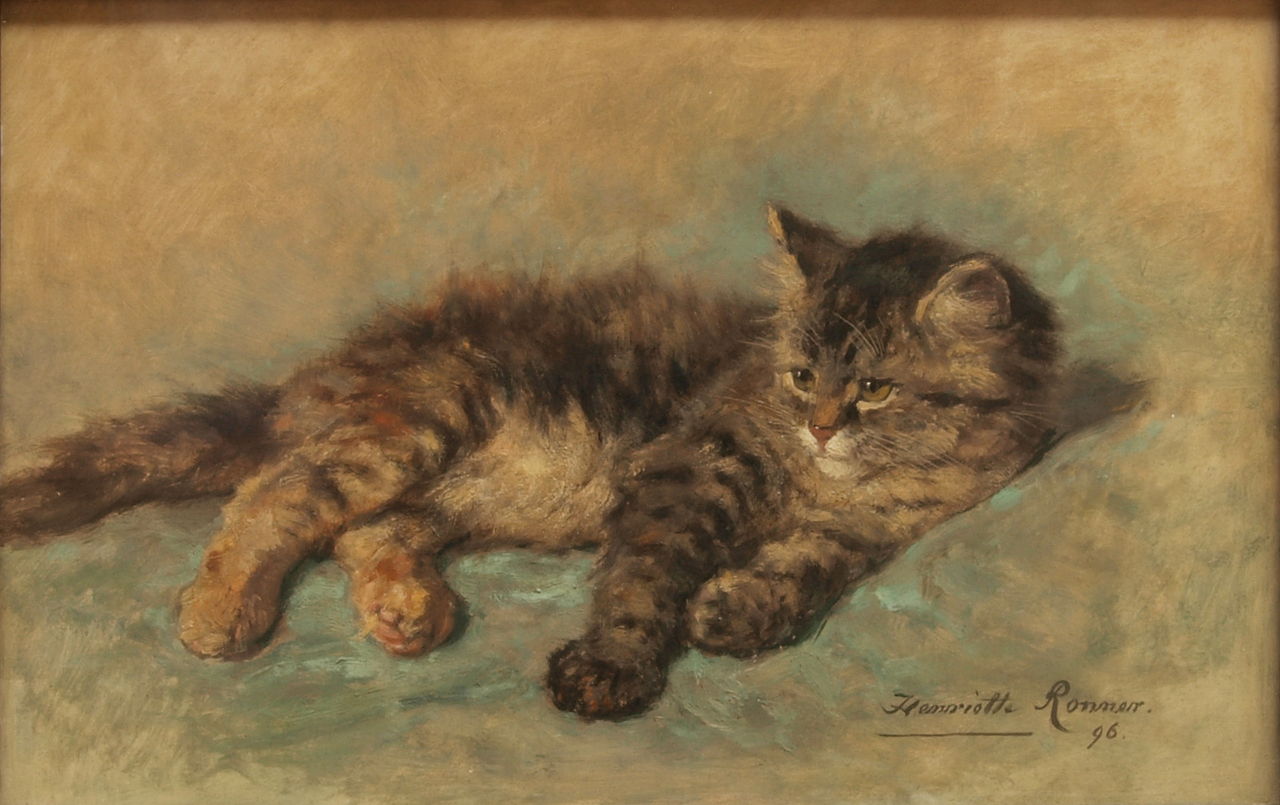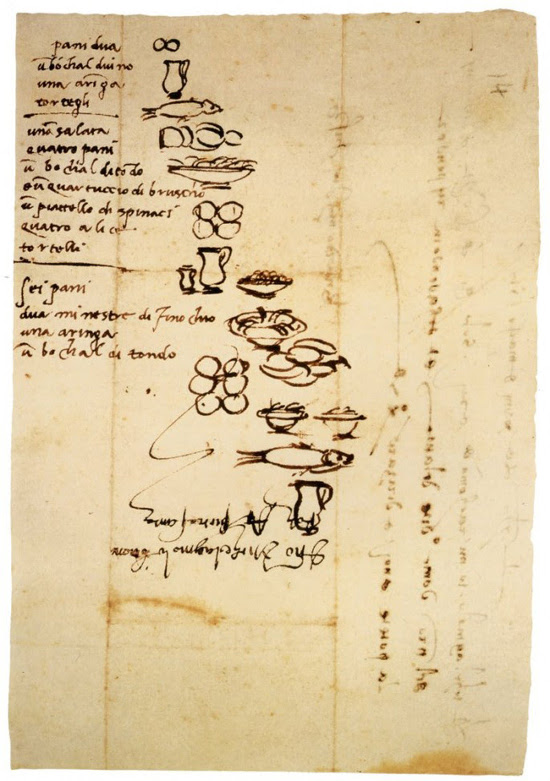This is in my notes with the words “ridiculous escape”: An 1889 article in Charles Dickens’ All the Year Round tells how Italian humanist Celio Secondo Curione outsmarted the Inquisition:
In my new prison I had been confined for a week, with huge pieces of wood chained to my feet, where I was favoured with a sudden inspiration from Heaven.
As soon as the young man who acted as my keeper entered my chamber, I begged and prayed of him to release one of my feet from its encumbrances. It would be sufficient security, I said, that I should still by the other foot be fastened to an enormous log. As he was a humane sort of fellow, he consented, and set one foot free. A day, two days passed, during which I applied myself to work. Taking off my shirt, and also the stocking from the leg which was at liberty, I made them up into a dummy resembling a leg, on which I put a shoe. I was in want of something, however, to give it consistency, and was anxiously looking about in all directions, when I caught sight of a cane-stick lying under a row of seats. Seizing it joyfully, I inserted it into the sham limb, and concealing the true one under my cloak, waited the result of my stratagem. When my young keeper made his appearance next morning, he asked me how I was. ‘I should do pretty well,’ I said, ‘if you would be good enough to put my fetters on the other leg, so that each may have a rest in turn.’ He assented; and, without perceiving it, attached the log to the dummy.
“At night, when their loud snores informed him that his gaolers were asleep, Curion threw aside the false leg, resumed his shirt and stocking, and opened noiselessly the prison door, which was fastened by a simple bolt. Afterwards, though not without difficulty, he scaled the wall, and got away without interruption.”







